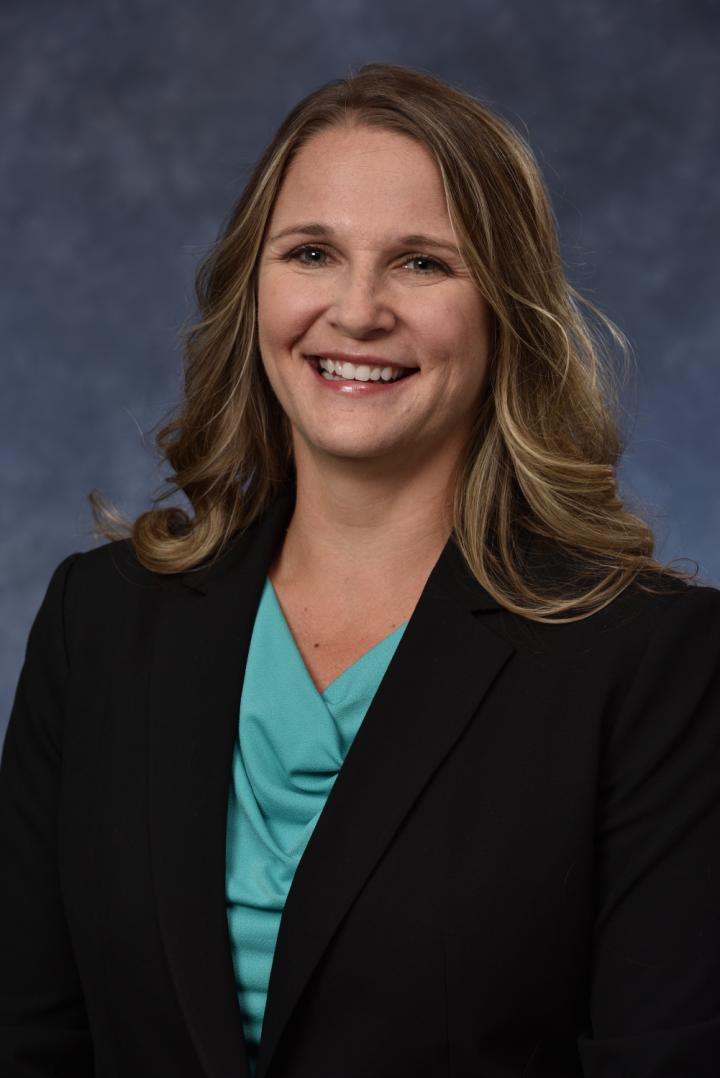University of Pittsburgh leads multidisciplinary $1.3 million NSF award to address global waste through circular economy design

Credit: Swanson School of Engineering/Ric Evans
PITTSBURGH (September 25, 2019) … In less than a generation, the plastic bottle has evolved from inexpensive convenience to scourge. What once was an accessory on the fashion runway has polluted the earth’s oceans, while plastic microparticles have been found in many living organisms. Recycling efforts have attempted to curb plastic overuse and misuse, but in the U.S. alone only 30 percent of plastic is recycled, while globally almost 20,000 plastic bottles are produced every second.1 And plastic is only one of the many types of waste – from construction materials to electronics and paper – that industries and government are attempting to reroute from landfills.
However, recycling is only part of the solution to control, let alone mitigate, the proliferation of waste. A five-university team, led by the University of Pittsburgh’s Swanson School of Engineering and the Mascaro Center for Sustainable Innovation, will utilize convergence research to address this complex challenge. Their proposal, Convergence Around the Circular Economy, received a two-year, $1.3 million award from the National Science Foundation’s new Growing Convergence Research program. The award has the potential to be extended to five years and $3.6 million.
“Convergence research is one of NSF’s “Big Ideas” to bring together a diverse team that can break apart silos and develop novel research paradigms to solve pressing societal challenges,” explained Melissa Bilec, deputy director of the Mascaro Center, associate professor of civil and environmental engineering, and Roberta A. Luxbacher Faculty Fellow at Pitt, and the award’s principal investigator. “I am personally interested in high-impact research that addresses significant societal challenges. Circular economy offers promising solution as it aims to cycle products and materials back into production through creating new products or benign degradation.
“With our project, we are aiming to advance the much needed fundamental science behind circular economy solutions by not only designing products with an eye towards circularity, but also in alignment with sustainability goals.”
Within the Swanson School and the Mascaro Center, Dr. Bilec, an expert in high-performance buildings and environmental impacts, assembled experts in polymers and green molecular design, life cycle assessment, industrial ecology, blockchain, and complexity leadership theory. External members were recruited from Rochester Institute of Technology, the University of Illinois at Chicago and University of Illinois Urbana-Champaign, and the University of Maine.
“For centuries, the global consumption model for any product has been linear – “take, make, waste.” As the global population continues to grow, this places enormous pressures on all parts of the supply chain and ultimately results in a negative environmental impact, as we’ve seen with plastic bottles and containers,” explained Eric J. Beckman, Co-Director of the Mascaro Center and Distinguished Service Professor of Chemical and Petroleum Engineering at Pitt. “This, however, is a difficult philosophy for the chemical industry, whose production processes and inside-the-box thinking have remained virtually unchanged for more than 70 years,” Dr. Beckman added. “What has changed – and what industry wasn’t prepared for – is that consumers are demanding a fix.”
Circling the Research Wagons
Dr. Bilec’s convergence research team includes engineers, economists, anthropologists, and environmental assessment experts, each of whom will leverage their own expertise toward addressing this global waste crisis through circular economy fundamentals. Rather than focusing solely on creating a better plastic or improving recycling methods, the researchers will seek to develop novel business models, engagement approaches, policy options, and innovative technical and science-based advances that potentially could impact the entire life-cycle of plastics and construction materials.
“The problem with simply reusing or recycling stuff is knowing what’s in it, where it came from, where it is now. This is the reason why some plastic packaging, although made with components that individually are recyclable, has to be thrown away because there is no way to separate these parts,” noted Vikas Khanna, associate professor of civil and environmental engineering and Wellington C. Carl Faculty Fellow at Pitt. “To determine a product’s life cycle, there is a tremendous amount of data that needs to be collected, sourced and distributed to even begin finding sustainable solutions.”
One approach to tracking that data is utilizing blockchain, which is making inroads in healthcare, supply chains, law and more, beyond its more well-known use in cryptocurrencies. “Blockchain is ideal for establishing provenance and can assist with the development and reuse of materials,” explained Christopher Wilmer, assistant professor of chemical and petroleum engineering and William Kepler Whiteford Faculty Fellow at Pitt and founder of Ledger, the first peer-reviewed scholarly journal dedicated to blockchain and cryptocurrency. “Blockchain provides a secure, immutable series of data that can establish a firm foundation for life-cycle assessment.”
To leverage additional expertise toward the challenge, Dr. Bilec recruited researchers from four other universities:
- Callie Babbitt, Associate Professor, Golisano Institute for Sustainability, Rochester Institute of Technology
- Don Fullerton, Professor, Finance, Economics & Institute of Government and Public Affairs, Gies College of Business, University of Illinois Urbana-Champaign
- Cindy Isenhour, Associate Professor, Anthropology and Climate Change, University of Maine
- Thomas L. Theis, Director, Institute for Environmental Science & Policy, University of Illinois at Chicago
And to determine whether their work is indeed converging toward a solution, Gemma Jiang, director of the Organizational Innovation Lab at Pitt, will monitor the researchers’ organizational functions, structures and processes to better review progress and implement any course corrections.
“Solving the global waste problem demands a sea-change of thought and accepted practices across so many disciplines and industries, which is why this NSF funding is critical,” Dr. Bilec said. “This will require potentially disruptive change, but with a convergence approach we can create a more equitable and sustainable set of solutions that benefit the planet as a whole.”
###
Media Contact
Paul Kovach
[email protected]
Original Source
https:/




